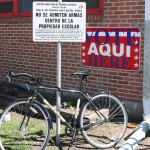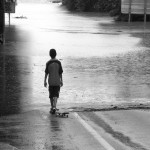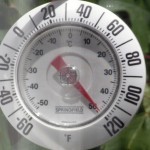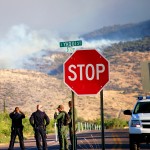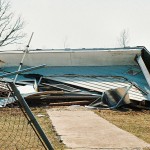Series: Talking Weather and Climate
Taking about the weather is a favorite pastime, but as things get weirder—heat waves, wildfires, tornadoes, droughts, floods—many folks are talking about the weather with mystification and even dread. According to climate models, extreme weather will become more frequent or ferocious as the atmosphere continues to warm—and we’re already seeing these impacts.
In this blog series, Communications Strategist Anna Fahey examines how scientists, public figures, and journalists are beginning to link weather and climate, and shares messaging recommendations for how to talk about the connections.


